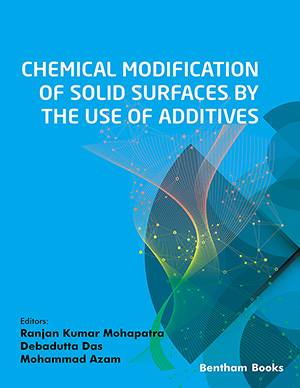Abstract
Background: Development of straightforward and atom/step-economic approaches for new C-C bond formation from readily available starting materials is one of the fundamental goals in the area of chemical synthesis. Among these strategies, Pd-catalyzed allylic alkylation represents one of the powerful synthetic tools and has been widely utilized in organic synthesis. The direct use of allylic alcohol itself instead of its derivatives, such as carbonates, amines, acetates, and halides, as π-allyl fragment source for Pd-catalyzed allylic alkylation presents higher atom-/step-economy and is much more practical and attractive. During the last decade, this topic of recognized importance has become an emerging area, and significant progresses have been achieved. On the other hand, the scope of carbon-nucleophiles was further enlarged that gives various useful allylic compounds through the powerful strategy. This review summarized recent advances in such research area.
Methods: We searched a number of research literature from bibliographic databases and combined with our previous work on this topic. Then recent advances in such research area are summarized. Results: Despite the great efforts that have been undertaken in the last decade to improve and extend the nucleophilic allylic substitution reaction catalyzed by palladium, there are still some challenges that need to be addressed. Palladium-catalyzed activation of allylic alcohols without any additional activators represents one of these challenges and research studies are still in progress in this direction. Conclusion: New strategy for palladium-catalyzed nucleophilic allylic alkylation represents important contribution, and this review summarized recent advances in such research area.Keywords: Pd-catalysis, allylic alkylation, allylic alcohols, atom-/step-economy.
Graphical Abstract













